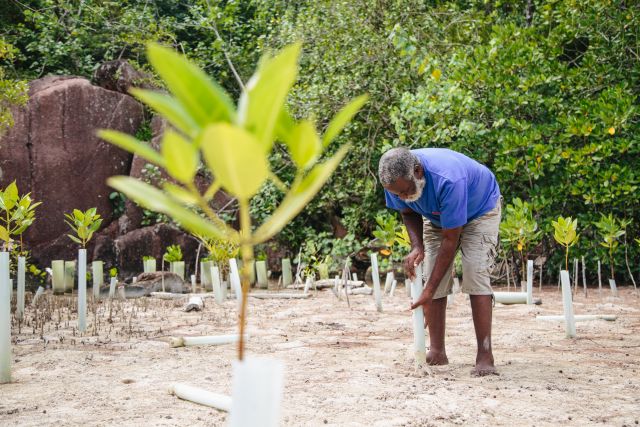Project | Dec, 2020
- Jun, 2028
Global Fund to Support the Implementation and Upscaling of Ecosystem-based Adaptation

Overview and objectives
The Global EbA Fund provides targeted and rapid support through seed capital for innovative approaches to ecosystem-based adaptation. The Fund aims to encourage catalytic initiatives to help overcome barriers for upscaling EbA, address the gaps in knowledge and planning for EbA, as well as to increase access to public and private funding for catalytic adaptation interventions.
- Summary:
-
There has been a welcome increase in multilateral and bilateral funding for longer-term, integrated adaptation and specific EbA programming. However, intervals between advertising, allocating and…
- Objective:
-
The Fund will be structured to support catalytic initiatives to help to overcome identified barriers to upscaling EbA. Furthermore, it is expected that the Fund will address the gaps in knowledge and…
Project at a glance
Start date:
Dec, 2020
End date:
Jun, 2028
Themes:
Topics:
Regions:
Involved commission:
IUCN teams:
IUCN centres:

Members and partners
Both Ends - Environment and Development Service for NGOs,
Conservation International,
Environmental Defense Fund,
Friends of Nature,
FUNDAECO- Fundación para el Ecodesarrollo y la Conservación,
International Institute for Environment and Development,
International Institute for Sustainable Development,
Rainforest Alliance,
Rare,
Smithsonian Institution,
World Resources Institute

